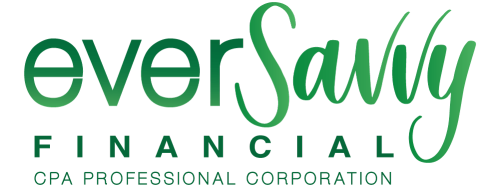A recent study completed by PWC found that only 24% of millennials surveyed demonstrated basic financial literacy. This lack of financial competence impacts the ability of millennials to attain the financial success they desire.
If you are a millennial struggling with understanding where to start with taking control of your financial situation, then this blog post is for you. Below are five tips to help steer you in the path towards financial independence.
Pay Down Debt
Whether you are carrying student debt, or have accumulated credit card debt, making the minimum payment may seem enticing. In actuality, this is costing you significant interest, fees, and also delaying your path to financial freedom.
To tackle your debt, you need to include debt repayment in your financial goals and budget. Start by laying out all your debt obligations, the required payments and interest rates on each. Make a plan to pay off the higher interest debt first and include the payments in your budget. Set a realistic timeline for repayment and stick to the repayment plan, even when a beach vacation may sound enticing. Meet with a financial advisor or planner if you need assistance in putting this debt repayment plan together.
Start Saving for Retirement (it is never too early)
To ensure a secure financial future, you need to start a savings plan. An easy way to start saving is to enroll in your employers’ pension plan. This ensures you save before you even get your pay cheque as the employee contributions are typically taken off as payroll deductions.
If you are self-employed, or your employer does not offer a pension plan, another easy way to save and make certain you save before you spend (and learn to live within your means) is to automate savings. Have a percentage of your pay cheque go directly towards your savings by automating the process with your bank. This can be either towards your RRSP, TFSA, or non-registered savings that you put away. The important thing here is to not touch these funds.

As millennials, we have time on our side – so take advantage. A little amount can go a long way. To better understand the value of time, read my earlier blog Time vs. Money – Which is on your side?
Build an Emergency Fund
There is so much uncertainty in life, such as a job loss or a health issue that can impact your ability to work and earn. It is important to build an emergency fund to ensure you are covered in the case of an unexpected event. It is recommended that you save 6 months of expenses to be prepared for the unknown, allowing you time to get back on your feet.
Create a Financial Plan
You are never too young to consider your financial future. If you have goals, such as to buy a house, save for your kids’ education, or even to retire by a particular age with a certain lifestyle, a financial plan will assist in identifying if the goal is reasonable and provide you a path to meet your goals.

Think about your short and long-term goals and create a financial plan so that your dreams can become a reality. It is important to monitor your plan to keep you on track and update for changes in life events.
Get Life Insurance
For millennials, life insurance seems to take a backseat behind managing day-to-day expenses, paying down debt, and saving for a house and/or retirement. While you may have a lot of financial responsibilities and adding another expense seems overwhelming, life insurance is not something that should be overlooked.
Life insurance is not only for those with families (although, it is even more crucial if you have dependents). If the unfortunate were to occur, you don’t want to burden your loved ones with your debts. A benefit to buying life insurance at a younger age, is that premiums tend to be lower.

Millennials, lets undermine this statistic. We all have financial goals and deserve to thrive, not just survive. Financial literacy is a necessary ingredient to achieving financial success.
Managing your money in your 20’s may seem overwhelming; however, learning as much as you can and becoming financially literate will give you an advantage.
~ EverSavvy Financial


Recent Comments